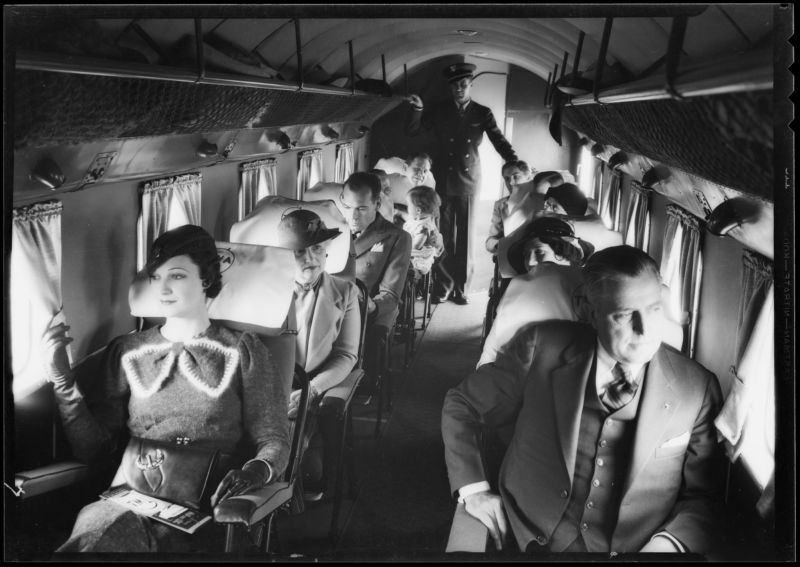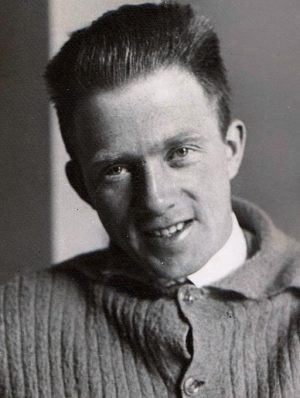Turbulence, the oldest unsolved problem in physics
Ars Technica » Scientific Method 2018-10-10

Enlarge / "Please prepare the cabin for technical discussions of physics..."
Werner Heisenberg won the 1932 Nobel Prize for helping to found the field of quantum mechanics and developing foundational ideas like the Copenhagen interpretation and the uncertainty principle. The story goes that he once said that, if he were allowed to ask God two questions, they would be, “Why quantum mechanics? And why turbulence?” Supposedly, he was pretty sure God would be able to answer the first question.
The quote may be apocryphal, and there are different versions floating around. Nevertheless, it is true that Heisenberg banged his head against the turbulence problem for several years.
His thesis advisor, Arnold Sommerfeld, assigned the turbulence problem to Heisenberg simply because he thought none of his other students were up to the challenge—and this list of students included future luminaries like Wolfgang Pauli and Hans Bethe. But Heisenberg’s formidable math skills, which allowed him to make bold strides in quantum mechanics, only afforded him a partial and limited success with turbulence.
